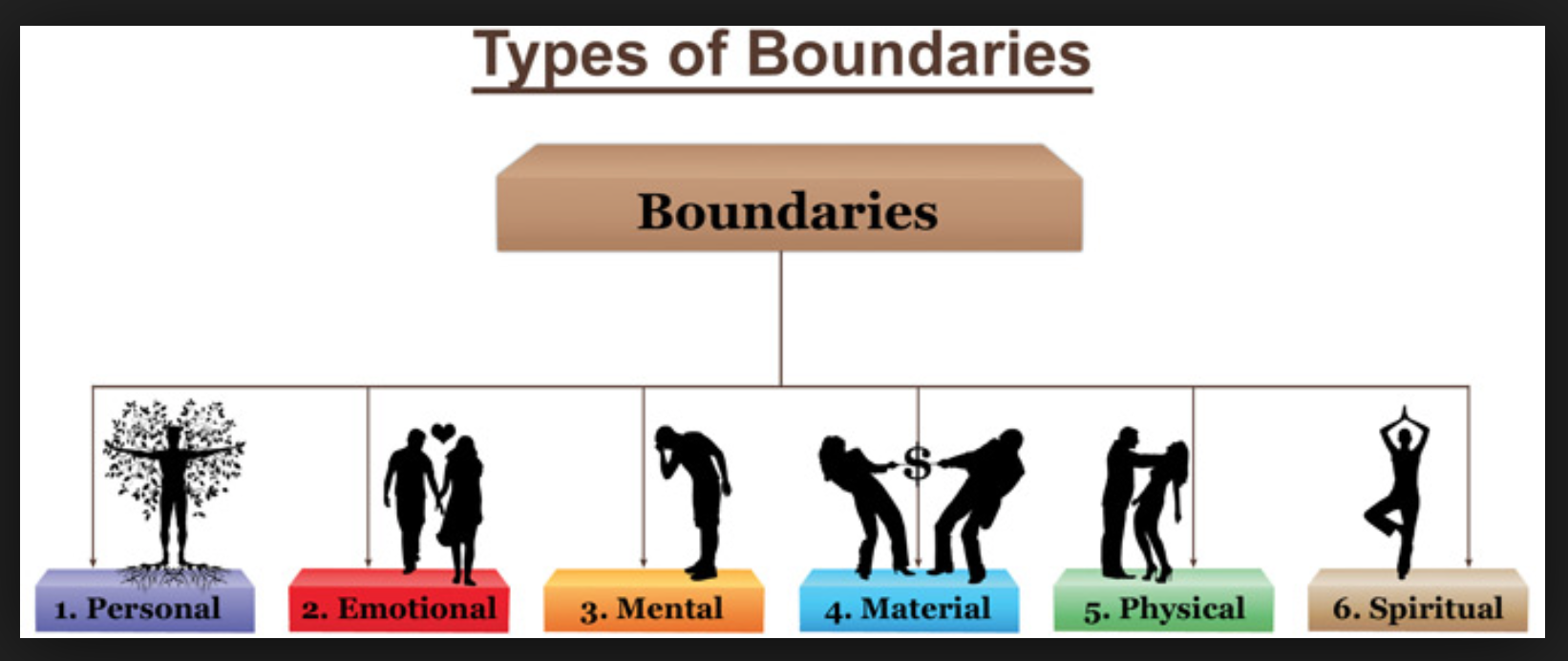Lesson 2: Ethical Responsibilities of a Case Manager
Attention

This Lesson is about boundaries. We talk about boundaries in every mental health course because it is so important to maintain proper boundaries between yourself and your consumers. Displaying poor boundaries is one of the leading causes of individuals with their MHRT/C's to lose their jobs. That reinforces why this is so important.
Learning Outcomes
Upon completion of this lesson's material, students will be able to:
- Identify the basic attitudes of a case manager.
Teaching
In this lesson we look at the ethical responsibilities of the CM both to the clients they serve and the people that they work with.
Basic Attitudes and Approaches in CM
Basic attitudes include:
- Not burdening clients with your problems
- You are not acting in such a way as your clients are meeting YOUR needs
- Avoid insisting on YOUR solutions to a problem
- Avoid exploiting your client's dependency on you
(Feel free to review the PSR Values document from Lesson 1 as well!)
The Mental Health Field
Individuals who work in this field can sometimes become locked into patterns of behavior that lead them to mistreat their clients. Some of the reasons this happens include:
- The individual worker may be unpleasant
- Need for power
- Lack of support for workers
- Working alone (isolated) surrounded by unpredictable behaviors
One of the most important ethical considerations for you as a Case Manager is to practice within your competence....in essence, don't do work that you have not specifically been trained to do.
As a CM you also have some responsibility to be aware of the well-being of your colleagues. If your co-workers are practicing in a way that is unethical or if they are somewhat impaired, you have an ethical obligation to address it...in some way.
Many employers at mental health agencies have frequently told the KVCC Faculty that there are concerns about staff having poor boundaries with clients. What are boundaries? Your boundaries are the way you interact with people. They define your relationships and they define you. Boundaries are an imaginary line between you and others, dividing up what’s yours and theirs. This applies not only to your body, money, and belongings, but also to your feelings, thoughts and needs. Bad boundaries create codependent relationships and unnecessary drama. And not to mention, it is draining to be around people who have bad boundaries. Whether it’s in your personal life, in the workplace, in your relationship with your partner or even your friendships, building strong boundaries with others is key to healthy relationships and self-awareness (http://herscoop.com/posts/signs-might-boundaries/).
What might poor boundaries look like:
- Telling you too much personal information way too soon
- Asking you direct questions about very personal topics (again, way too soon)
- Suddenly insulting you for no particular reason (often followed by an "just kidding.")
- Texting, calling or emailing constantly
- Becoming demanding of your time
- Wanting to know your schedule
- Not giving you any opportunity to leave a social situation gracefully
The list above give you an idea of some displays of poor boundaries, these tend to be general red flags that something is not quite right. In my opinion, it doesn't just apply to romantic relationships, but any relationship--from a co-worker to someone who suddenly wants to be your best friend. Often these boundaries are crossed without you (or the average person) even realizing it; you just get this sense that something isn't right. By the time you grasp what is going on, you could be in a messy situation. So always look for little signs that make you personally uncomfortable. Don't ignore your gut feelings. Often, it is our socialization and our general desire to be "nice" that inadvertently feeds these unpleasant situations (https://www.quora.com/What-are-some-examples-of-poor-boundaries).
Read online article: Maintaining Health Boundaries when Working with At-Risk Audiences
_____________________________________________________________________________________________________________
Assessment
Lesson 2 Quiz
- Many people who work in the mental health field have their own issues to contend with. Our ability to keep these in check and outside of the relationship with our clients is critical to our success as a CM. Reflect on your own mental health history. What "buttons" or "blind spots" do you feel you might have in regard to the basic attitudes of CM and conforming to the PSR Values?
For each Lesson Quiz, I will list the actual questions right here in the Lesson Plan. Prepare your answers ahead of time in another software like Microsoft Word or Apple , spell check them (ABC check mark icon in Blackboard), and then simply copy/paste the answers into the answer box provided in the quiz. Be sure to "save" your answers in the Quiz otherwise I won't get them! I will not be repeating these directions again so apply these points to EVERY Quiz in this class! |
Lesson 2 Discussion (for online course only)
Reflect upon your expectations and knowledge of the mental health field. How does this sort of workplace match (or NOT match) your personality characteristics?